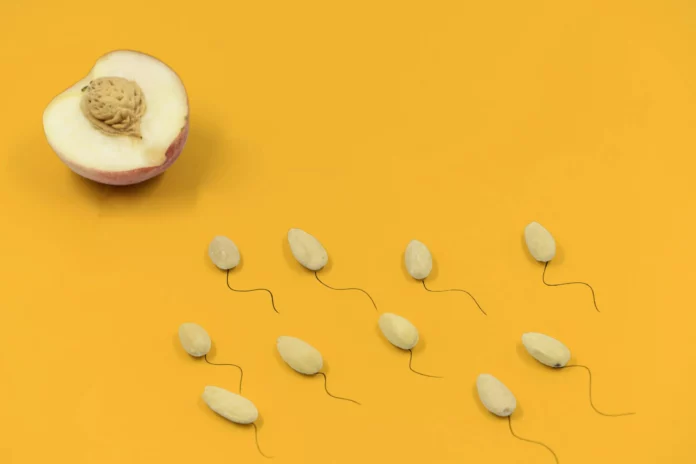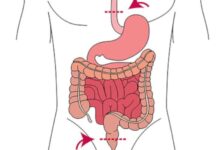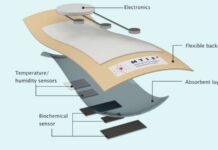There has been an imbalance between birth control for men and women for decades. It depicts that all the effective and reversible methods of birth control are designed for the female reproductive system. However, for a long time, researchers have been trying to develop a male contraceptive pill. Moreover, a new study has already found a promising option successful in animals.
The corresponding author, Dr Martin Matzuk said,
Although researchers have been investigating several strategies to develop male contraceptives, we still do not have a birth control pill for men,
In this study we focused on a novel approach – identifying a small molecule that would inhibit serine/threonine kinase 33 (STK33), a protein that is specifically required for fertility in both men and mice.
The new approach to male birth control does not manipulate hormone levels, unlike the previously existing contraceptives. Instead, it is made using genetic research.
The drug targets the STK33 protein. It is expressed in the testes at high levels and is essential for proper sperm development. Moreover, there is no change in the external appearance of the testes, in addition to other identifiable problems.
Matzuk added,
STK33 is therefore considered a viable target with minimal safety concerns for contraception in men,
The team is eager to test multiple compounds, to find the one that inhibits STK33. The effort to do so was aided by the fact that they elucidated the protein’s crystal structure for the first time.
Multiple candidates were taken forward for further experiments and one of those stood out.
The first author, Dr Anglea Ku, said,
Among these modified versions, compound CDD-2807 turned out to be the most effective,
Previous experiments on mouse models knocked out their matching STK33 gene. The effect that it would also have on human males. It affects the sperm negatively and causes infertility. Therefore, the team tested CDD-2807 to see its potential as a contraceptive in mice.
The drug successfully migrated to the testes, reducing the sperm count and motility. Moreover, the size of the testes remained the same and there were no other toxic side effects either.
The co-author, Dr. Courtney M. Sutton explained,
the contraceptive effect was reversible. After a period without compound CDD-2807, the mice recovered sperm motility and numbers and were fertile again.
The co-author Dr Mingxing Teng, and Matzuk further said that the next step will be to test the compound in primates.




